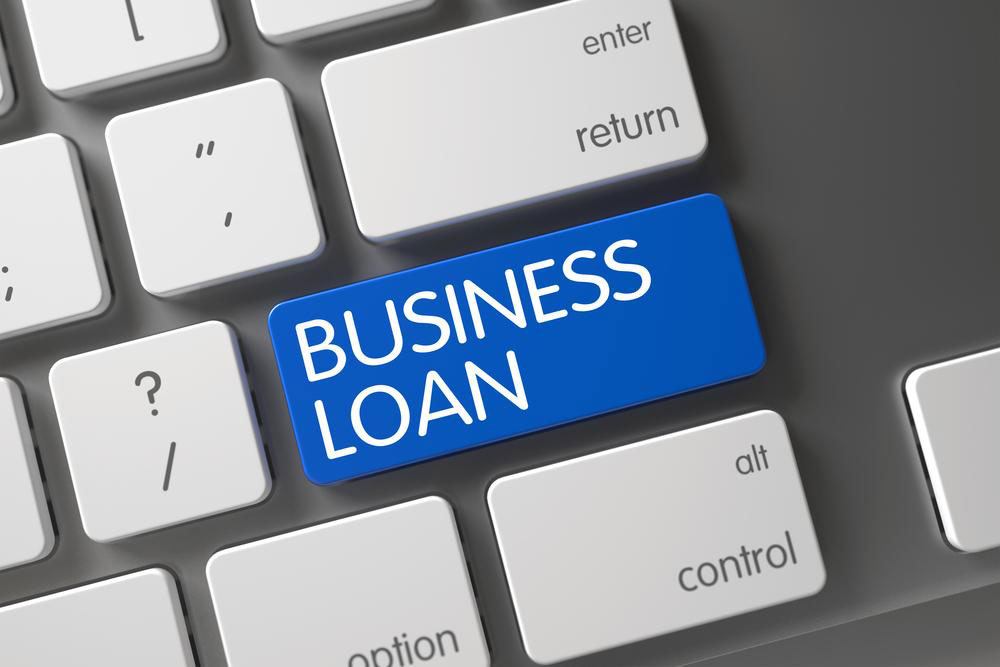Pros and cons of unsecured business loans
A business loan is a go-to solution for expanding a business or to start a new one. Business loans can essentially be categorized into two types—secured and unsecured loans. The basic difference between the two is the use of collateral in a secured business loan, while an unsecured business loan does not have an option for a collateral.
These types of loans have their own distinct advantages as well as disadvantages. In the following, the pros and cons of unsecured business loans have been outlined.
In an unsecured business loan, the total loan amount is strictly based on the income and credit criteria set by the lender’s lending policy.

A major advantage of unsecured loans is the non-requirement of a collateral to get a loan from a lender. Unlike a secured loan where a collateral can be taken away in the event of a default by a business, there are no such risks associated with an unsecured loan.
Nevertheless, granting an unsecured loan proves to be a high risk for lenders. Hence, the interest rates and other charges would be substantially higher than that of a secured business loan. Consequently, a business can face financial strains due to the interest rate and have a harder time repaying them quickly. Also, lenders do not lend unsecured business loans to those with a below average or an absolutely bad credit history.
When deciding to go for an unsecured loan, businesses should weigh in the fact that a defaulting on such loans will have higher impacts on their credit history.

